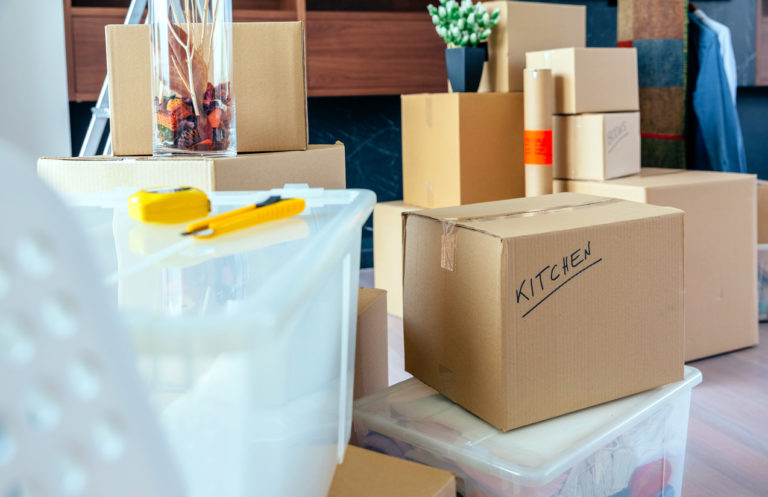How Long Does It Take to Move Out of an Apartment?

With the end of your lease looming, you have an important decision to make: will you sign a new contract for another year, or will you move to a new apartment? Whether you’re hoping to take advantage of a lower price or better amenities elsewhere—or it’s simply time to return home after a semester at college—moving might make the most sense. As you begin planning this transition, keep the following steps and timeline in mind.
To hire apartment movers in the DC area, please contact Georgetown Moving and Storage at (703) 889-8899!
Timeline for Moving Out of an Apartment
Apartment dwellers tend to move more often than homeowners, but it’s still easy to forget what steps are involved and how long everything takes. Use this breakdown to help you plan for your upcoming apartment move:
- Find a new apartment – A few months before the end of your lease, start looking for a new apartment. The goal is to secure one within 30 days of your lease ending.
- Tell your landlord you’re moving – Many leases require a 30-day notice, but others are as far in advance as 90 days. Check the terms of your contract to avoid any penalties.
- Hire a moving company – As soon as you find a new apartment, hire a moving company and set a date for your move. Your stress level will decrease dramatically once you have this set in stone.
- Organize your apartment and get rid of unwanted items – If you haven’t lived in your apartment for very long, you might not have any excess possessions. Still, it’s worthwhile to take an inventory of your belongings and sell, donate, or store anything you don’t want to take with you. Start this process about six weeks before moving day.
- Submit a change of address and transfer your utilities – To ensure your mail arrives at your new address, and the lights and heat work the day you move in, complete these tasks at least two to three weeks before you move.
- Pack – About one month before moving day, start packing up your belongings. This allows you to spend just a little time each day packing a box or two. Remember to set aside a “day-of” box for the things you want to keep accessible up until the very last minute.
- Make the final arrangements – Contact your landlord to find out requirements for reserving the elevator or a parking spot for the moving truck. Make these preparations no later than two to three days in advance.
- Clean your apartment – To ensure you get your full deposit back, start deep cleaning your apartment a few days before the big move. Remember to fill nail holes with putty, clean scuff marks off the wall, scrub the bathtub, and wipe out your kitchen cabinets.
- Move out of your apartment – With professional movers to lend a hand, loading boxes and furniture onto the moving truck should take anywhere from two to seven hours. Several factors affect your move time, including apartment size, the floor you live on, the number of boxes you have, and how many furniture items you’re moving. It’s best to leave the heavy lifting to your movers and not rush the moving process.
Apartment Movers in DC, MD & VA
Don’t resort to asking inexperienced friends and family for help on moving day—trust Georgetown Moving and Storage to get you to your new apartment safely, quickly, and affordably!
To book apartment movers in DC, Maryland, or Virginia, contact us today or call (703) 889-8899!











